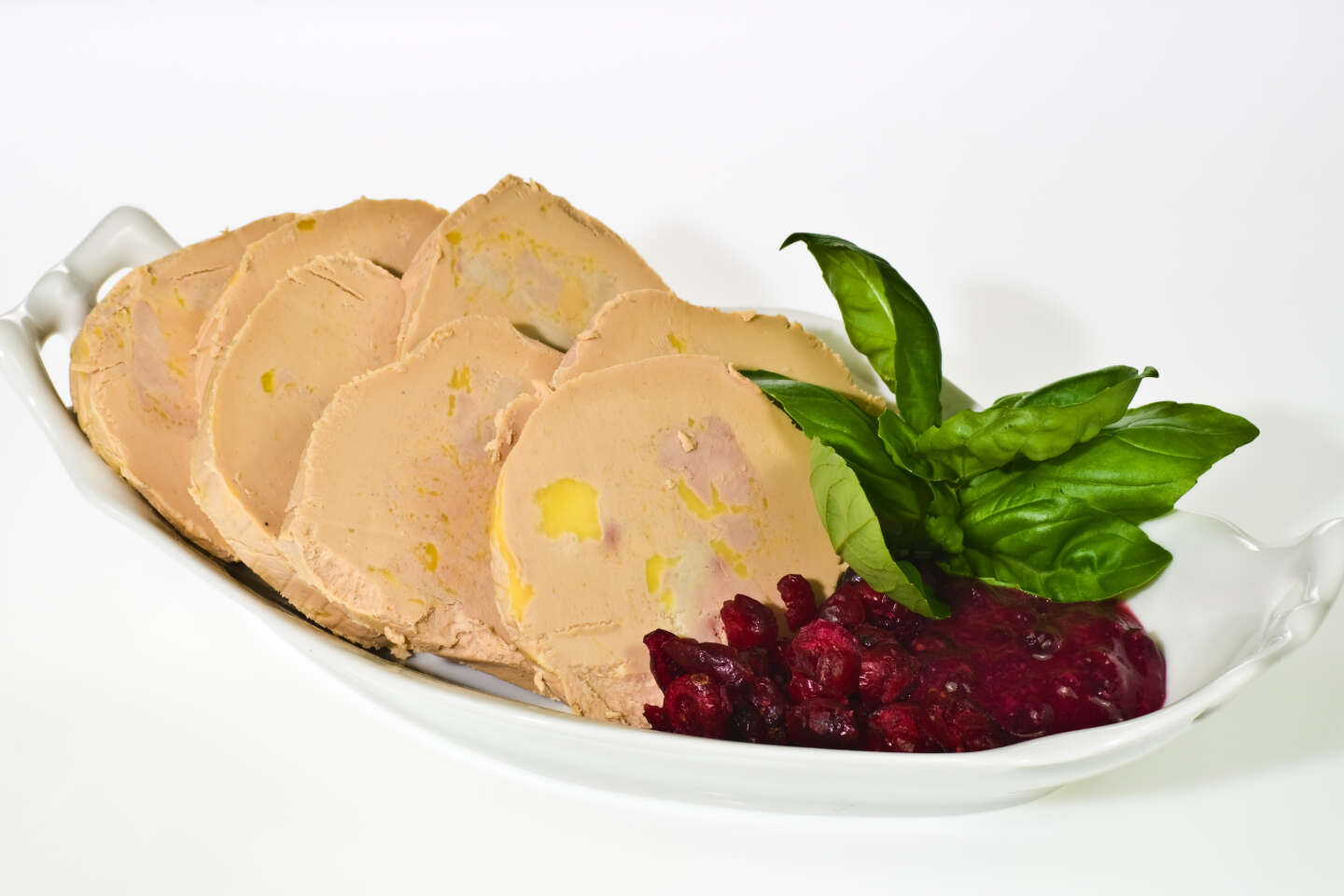


Foie gras will be served to VIP spectators at the Olympic Games. Now that's enough to inflame the passions of those who have condemned this luxurious delicacy, emblematic of southwest France, but also a symbol of the worst kind of cruelty to animals. In apparent contradiction to the Paris 2024 organizers' commitment to offer athletes and spectators at the Games a sustainable diet, reducing the role of meat and favoring products that respect animal welfare, the Games' catering service has not banned foie gras. Its offerings have been aimed at corporate clients and guests who pay between 85 and several thousand euros for "experiences" on the sidelines of the competitions, ranging from access to VIP lounges to overnight stays in luxury hotels and top-of-the-line meals.
Outraged by the disparity between the virtuous rhetoric of the Organizing Committee for the Olympic and Paralympic Games (OCOG) and some of its concessions, British animal protection organization Animal Equality, with the support of other NGOs, has launched a petition to have foie gras removed from the Olympic catering menu. As of July 5, this had gathered over 36,000 signatures. "The Committee has already shown visionary leadership by crafting an innovative menu [for these Games] with nutritious plant-based meals," said Sharon Nuñez, president of Animal Equality. "I urge them to listen to the international community's concerns and remove this divisive dish from the hospitality menu."
Foie gras is obtained by force-feeding ducks or geese for about 10 days. This controversial practice, banned in a number of countries (Germany, Denmark, Italy, Poland and the United Kingdom, among others), involves inserting a tube into the animal's esophagus and injecting from 450 grams to 1 kilogram of food directly into it, artificially enlarging the liver to 10 times its original size. The process causes hepatic steatosis, a liver disease that over time can lead to cirrhosis, and generates a tenfold increase in the risk of death. While a few producers have attempted to produce naturally fatty liver without force-feeding, these workarounds have remained spotty and difficult to implement.
An ingredient in certain dishes
OnLocation, the American catering service, confirmed that foie gras will indeed be on the menu, but explained that it will not be served as a dish by itself but as an ingredient in other dishes. The company made assurances that foie gras would represent less than 0.1% of the dishes served as part of these services. The company has remained discreet, to say the least, about the quantities involved and the number of catering packages sold. But according to preliminary numbers, some 500,000 meals are to be served in this "premium-level" setting.
You have 44.86% of this article left to read. The rest is for subscribers only.
